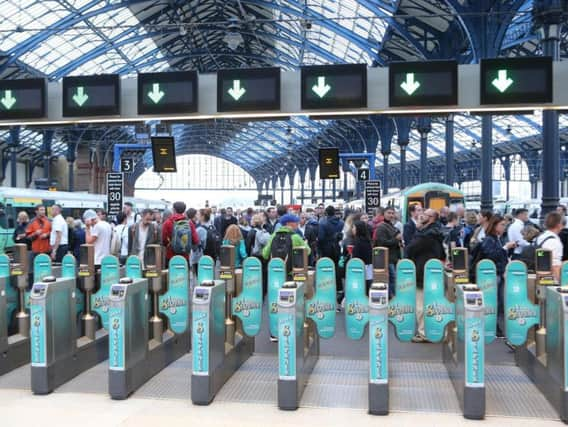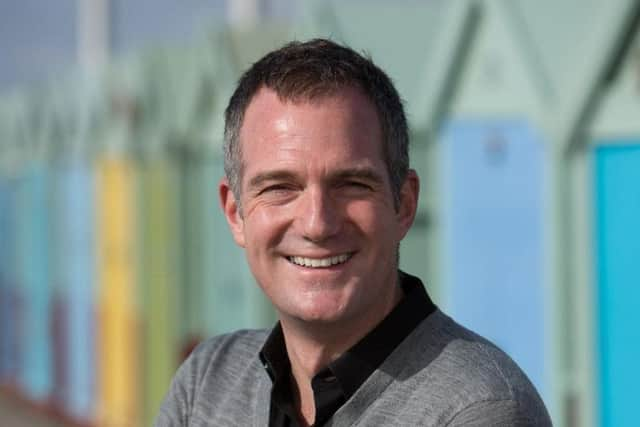Rail fare rise 'kick in the teeth' for passengers


The Rail Delivery Group (RDG) announced today (December 5) that average ticket prices across Britain will go up by 3.4 per cent on January 2.
Labour MP for Hove Peter Kyle said: “Today’s announcement of the staggering rise in rail fares – the highest increase for five years – is more than a kick in the teeth for passengers in the South East. It will simply be too much for many to bear, when they continue to suffer frequent delays, cancellations, poor service and overcrowding.
Advertisement
Hide AdAdvertisement
Hide Ad“Our rail services are still failing to provide a basic service that passengers can rely on, and until they do, it is completely unjustified to force passengers to pay even higher fares.”


Commuters travelling from Brighton to London on Thameslink services already pay £4,172 a year, and this is set to rise to £4,320.00 – £148 more.
For Hove, it’s a similar story, with commuters paying £4,536 a year for services to London terminals, it is set to rise to £4,696 – £160 more a year.
This year’s 3.4 per cent rise is the sharpest increase in fares since 2013, when they went up by 3.9 per cent.
Advertisement
Hide AdAdvertisement
Hide AdPassenger watchdog Transport Focus compared the news to ‘a chill wind’ blowing down platforms as many passengers’ incomes are stagnating or falling.
Chief executive Anthony Smith said: “While substantial, welcome investment in new trains and improved track and signals is continuing, passengers are still seeing the basic promises made by the rail industry broken on too many days.”
The Rail, Maritime and Transport (RMT) union described the fares announcement as ‘another kick in the teeth for passengers’.
General secretary Mick Cash said: “For public sector workers and many others in our communities who have had their pay and benefits capped or frozen by this Government, these fare increases are another twist of the economic knife.
Advertisement
Hide AdAdvertisement
Hide Ad“The private train companies are laughing all the way to the bank.”
The Government uses the previous July’s Retail Prices Index measure of inflation to determine increases in regulated fares, which was 3.6 per cent.
These are around half of all tickets and include season tickets on most commuter routes and some off-peak return tickets on long-distance journeys.
Train operating companies set the prices of other tickets but are bound by competition rules.
Advertisement
Hide AdAdvertisement
Hide AdThe RDG said more than 97p in every pound from fares goes back into improving and running the railway.
Chief executive Paul Plummer noted that the Government controls increases to almost half of fares while the rest are 'heavily influenced' by the payments train companies make as part of contracts to run franchises.
He said: “Alongside investment from the public and private sectors, money from fares is underpinning the partnership railway’s long-term plan to change and improve.”
It has been the policy of successive governments to reduce the funding of the railways by taxpayers and increase the relative contribution of passengers.